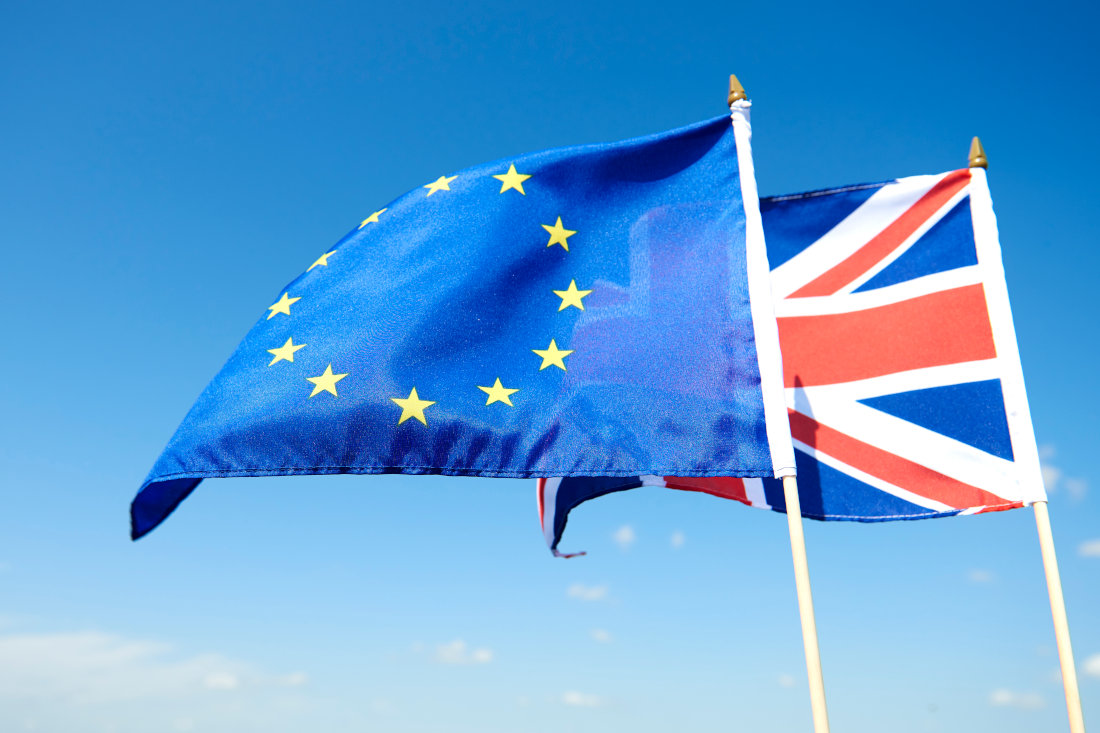Whilst Brexit is not new news, the impact of the UK’s Trade and Cooperation Agreement (TCA) with the EU, for post Brexit trade, means evolving rules when it comes to customs checks and processes. Let’s have a look at the key customs changes, now the UK is fully a ‘third country’.
Border controls
Since Jan 2022, all border locations (ports, airports etc) are now legally required to control the movement of goods between the EU and UK. Goods will not be released for their onward journey until they have received customs clearance, which implies a valid declaration and other necessary paperwork. If these checks cannot be done at the border, then HMRC may ship the goods to an inland facility to carry out further checks. This can lead to considerable delay.
Customs declarations
Border controls are now in full effect from all EU countries. This means you are no longer able to delay making import customs declarations under the Staged Customs Controls rules, which applied during 2021. Declarations and tariffs need to be made and paid at the point of import.
Rules of origin
Some goods, which originate (made) in the UK (for export) or the EU (for import) benefit from a reduced rate of customs duty. To take advantage of this reduction, you need to provide proof of origin documentation, provided by the exporter, or an equivalent statement from the importer. Prior to 2022, it was possible to provide this documentation after the import or export process had been completed, however this is no longer the case. Failure to supply the correct documentation, whilst claiming the lower rate of duty, can lead to the full rate of duty being charged and a possible fine being issued.
Commodity codes
From January 2022, the worldwide standard 6-digit commodity codes have come into effect, for trade between the UK and EU. These are reviewed by the World Customs Organisation every 5 years. Changes always take place on January 1st. You can find a full list of codes on the government website.
Postponed VAT Accounting
Some good news is that HMRC have extended postponed VAT accounting, allowing import VAT to be paid and recovered on the importer’s VAT return, instead of being paid upfront at the time of import. This extension offers a cash flow to business and has been welcomed by industry.
July 2022 changes
Although most goods were subject to the new rules in January 2022, some changes were delayed until 1st July 2022. These include requirements for full safety and security declaration, and Phytosanitary certificates and checks. These postponed rules have now been fully implemented, however.
How can AGI Global Logistics help?
The changes introduced by Brexit have impacted all businesses who rely on the smooth import and export of goods. However, our experience in shipping to the EU and beyond means we can help your customs clearance go as smoothly as possible.
We have worked closely with HM Revenue and Customs and have gathered an in-depth understanding of customs regulations, quotas, and allowances to ensure a cost-effective passage of goods. We use the very latest IT systems, which are updated in line with the ever-changing regulations and requirements.
To find out more about how we can help you, please get in touch. We would love to hear from you.
